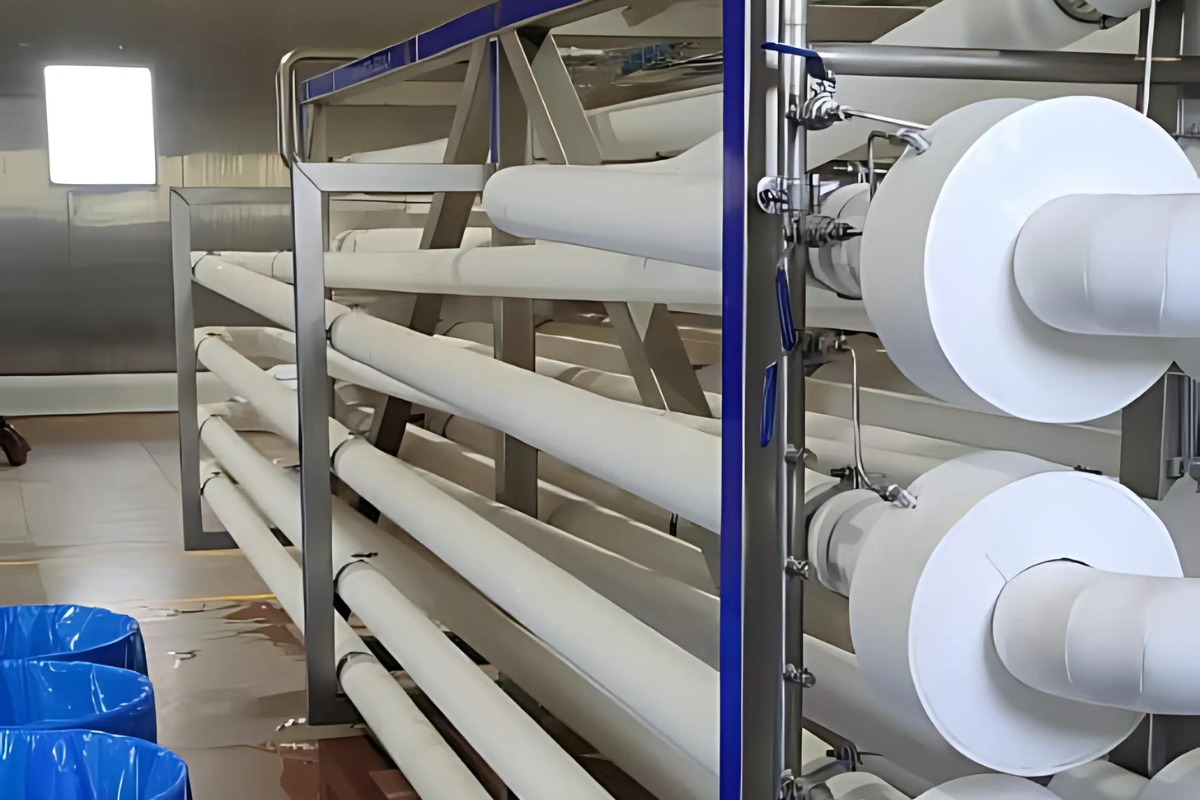Excel Foods India Implements T-FIT® Insulation for Sterilization Process
Published
October 1, 2024
Sectors
Products
Introduction:
Excel Foods India, a leading exporter of tropical fruit purees, operates a high-tech beverage facility where precise temperature control is crucial to maintaining product quality and safety. Seeking to enhance efficiency, reduce energy consumption, and optimise operations in their sterilization process, Excel Foods sought to find an insulation solution that would meet their needs in a demanding environment.
Sterilization is essential in the food and beverage industry to eliminate harmful pathogens and extend shelf life. This process involves rapidly heating the product, holding it at a specific temperature for an appropriate time, and then cooling it quickly. Recognising the importance of insulation to reduce energy consumption and ensure consistent product quality, Excel Foods India decided to install T-FIT insulation.
Challenges:
- Before implementing T-FIT insulation, Excel Foods faced several challenges:
- High Energy Consumption: Significant heat loss during the sterilization process led to high energy usage.
- Safety Risks: Extreme temperatures posed hazards to operators and maintenance staff.
- Temperature Fluctuations: Inconsistent temperatures affected product quality.
- Environmental Impact: Inefficient energy usage resulted in higher CO2 emissions.
Solution:
Excel Foods installed T-FIT Hygiene insulation across 90 meters of their sterilization pipeline, which was exposed to extremely high temperatures. This strategic implementation significantly reduced heat loss and minimized temperature fluctuations, leading to considerable improvements in the sterilization process.

Results:
The impact of T-FIT insulation was profound, both operationally and financially. The pipe surface temperatures decreased by approximately 58%, from 142°C to 60°C, marking a significant reduction in heat loss and a more efficient and safe sterilization process. This efficiency translated into substantial energy savings, highlighting the cost-effectiveness of T-FIT insulation. Excel Foods was able to recoup their investment in just under 1.5 months, demonstrating the efficiency of T-FIT insulation.
Furthermore, the longevity of T-FIT means that Excel Foods will continue to optimal performance and energy savings for many years to come.
By reducing energy consumption, Excel Foods substantially lowered their carbon footprint, aligning with their commitment to responsible manufacturing and environmental sustainability. The improved efficiency with T-FIT insulation also contributed to reducing CO2 emissions.
Conclusion:
The implementation of T-FIT insulation transformed Excel Foods India’s sterilization process, yielding substantial benefits in energy efficiency, cost savings, operational safety, and performance. With a swift return on investment and a short payback period, this partnership with T-FIT underscores Excel Foods’ dedication to innovation, excellence, and environmental stewardship.
